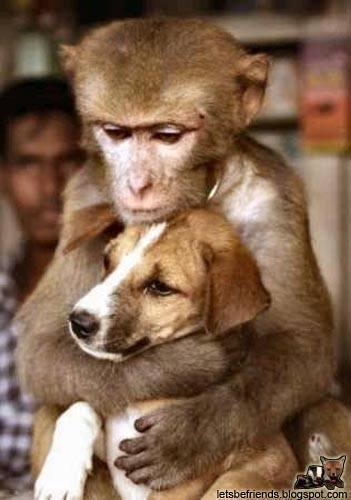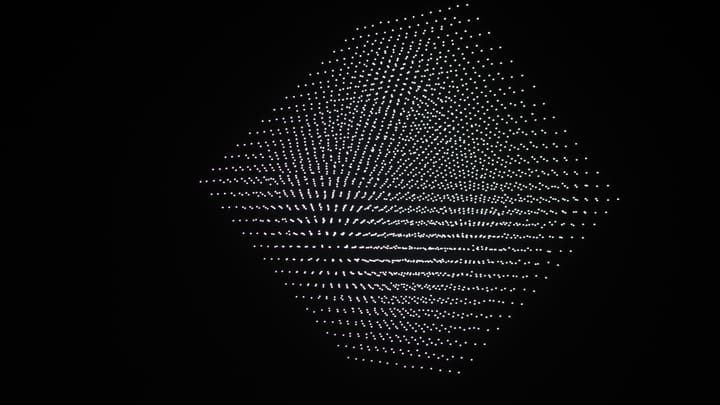the gifted professor walks up and down the room, like a goldfish in its bowl, trying to find the word and, unable to find it, he says, It’s not good enough!

Do you not think people would rather choose the law than their own demons? that the choice would be a real one and that it would necessarily be followed by a period not of indecision but of circling the question, a period of inability to deal with having finally made the choice – and having made it without in fact having been under any duress?
It’s a stark choice, a desert choice. You might even call it a Nietzschean choice: to be eaten or to eat. Of course, unless you are a sociopath, you choose subjection.
Even in order to face one’s demons, as a proof or prerequisite, one loses one’s identity and any notion of the coherence of the “I” is truly pulled apart. One has no face to turn and face them. But this would not yet be death.
Death intervenes after the decision to follow on the path of righteousness, regardless of the impossibility of any other course. Indeed, the impossibility that there is any other way than submission, the very impossibility, draws the circle, in which you walk up and down, and puts up the walls where you see doubles and where you bang your head imagining impossible escapes. The only thing here sustaining the illusion of an architecture, abyssal though it is, constructed of mirrors and circles, and that sustains the idea of a passage of time, is representation. Death as representation is the endless return to the law.
Once there is no other option than the law, then, the choice is as good as made: no matter how long you spend on grief, the sort of grief that has denials in it, tantrums and sulks, petty real emotions, you have answered the question and will now be experiencing something like guilt: punish me so that I can justify choosing the law over facing the monstrous real. One is damned to choose and damned by choice, damned in the middle, spinning in a wheel, and damned at the end, whether it is with acceptance or defiance that one meets one’s end.

